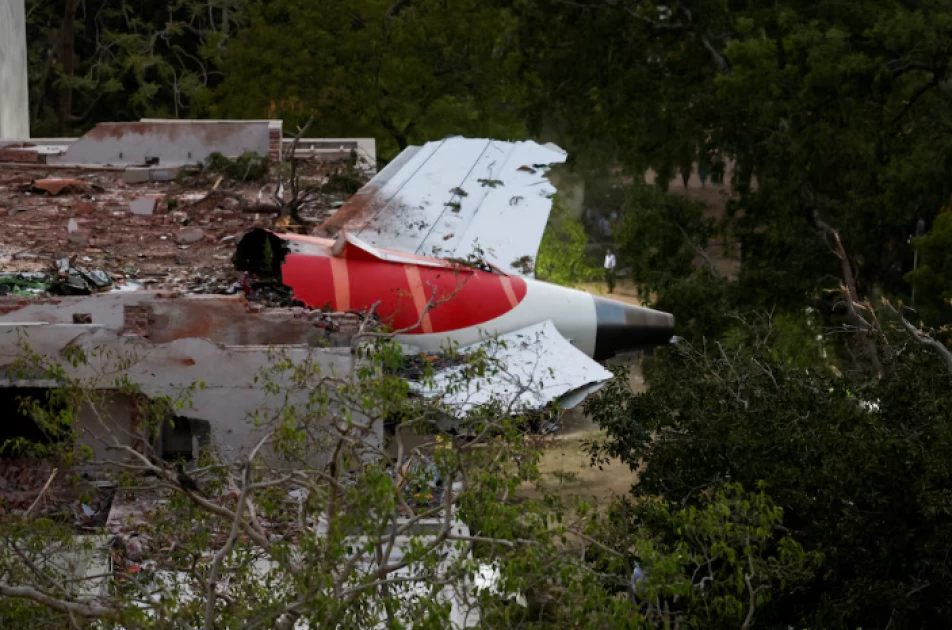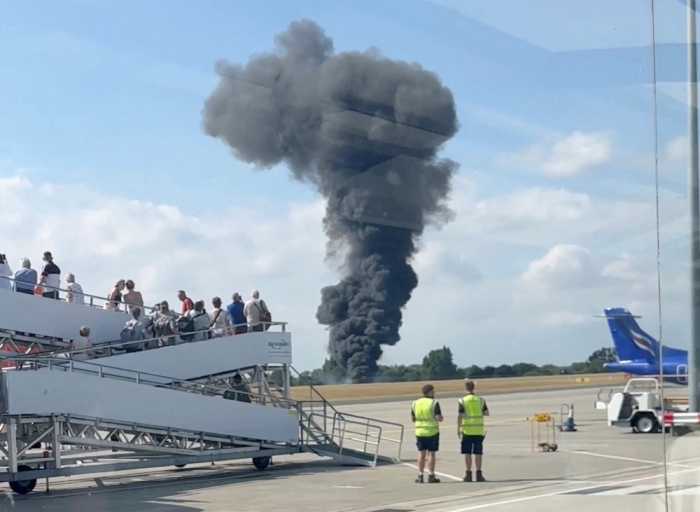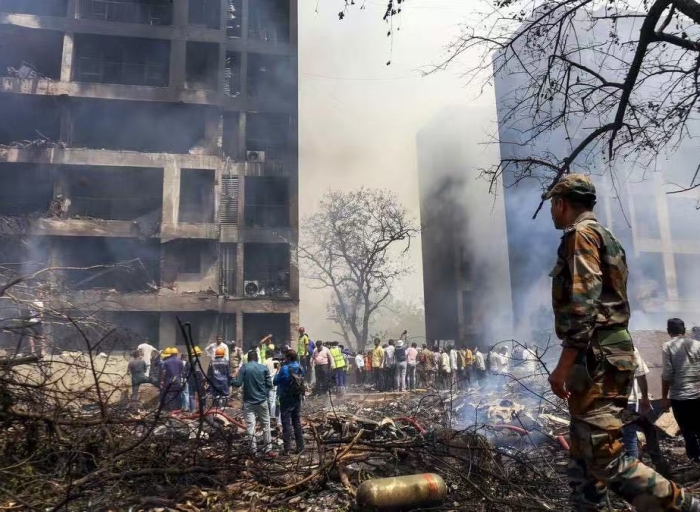The U.S. Federal Aviation Administration (FAA) and Boeing have privately assured global aviation authorities and airlines that the fuel cutoff switches on Boeing aircraft — including the 787 Dreamliner — are safe, despite concerns raised in a preliminary crash report involving Air India.
The FAA’s “Continued Airworthiness Notification,” issued on July 11 and seen by Reuters, followed the investigation into the tragic Air India Boeing 787-8 crash last month that claimed 260 lives. The report had raised questions about whether a malfunction in the fuel switch locks may have contributed to the accident.
The FAA’s notice stated that while the fuel control switch design is consistent across several Boeing models, including the 787, the agency “does not consider this issue to be an unsafe condition that would warrant an Airworthiness Directive.” Boeing echoed this position in a message to airlines, reportedly stating that no immediate action is required.
The Indian Aircraft Accident Investigation Bureau (AAIB) cited a 2018 FAA advisory in its preliminary findings. That advisory encouraged — but did not require — airlines to inspect the locking mechanism of the fuel cutoff switches to prevent accidental movement. Air India did not perform the suggested checks, noting the non-mandatory nature of the advisory. However, maintenance logs revealed the fuel switch module had been replaced in both 2019 and 2023.
The report found no evidence of non-compliance with required airworthiness directives or service bulletins.
The crash investigation also highlighted a critical moment in the cockpit voice recorder: a pilot asked his colleague why the fuel was cut off, to which the latter responded he had not done so. The fuel switches had flipped from “run” to “cutoff” almost simultaneously, but the cause remains unexplained.
In response to speculation of pilot error, ALPA India — the union representing Indian pilots — rejected such claims and demanded inclusion in the investigation process. “The pilots’ body must now be made part of the probe, at least as observers,” said ALPA India President Sam Thomas. The group emphasized the potential of equipment malfunction, pointing again to the 2018 FAA advisory.
Two U.S. aviation safety experts have voiced support for ALPA India’s request, adding that the AAIB’s report appears balanced and does not unfairly target pilot error.
As investigations continue, the aviation world watches closely for further clarity on what went wrong aboard Air India’s ill-fated Boeing 787 flight.




